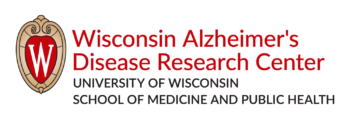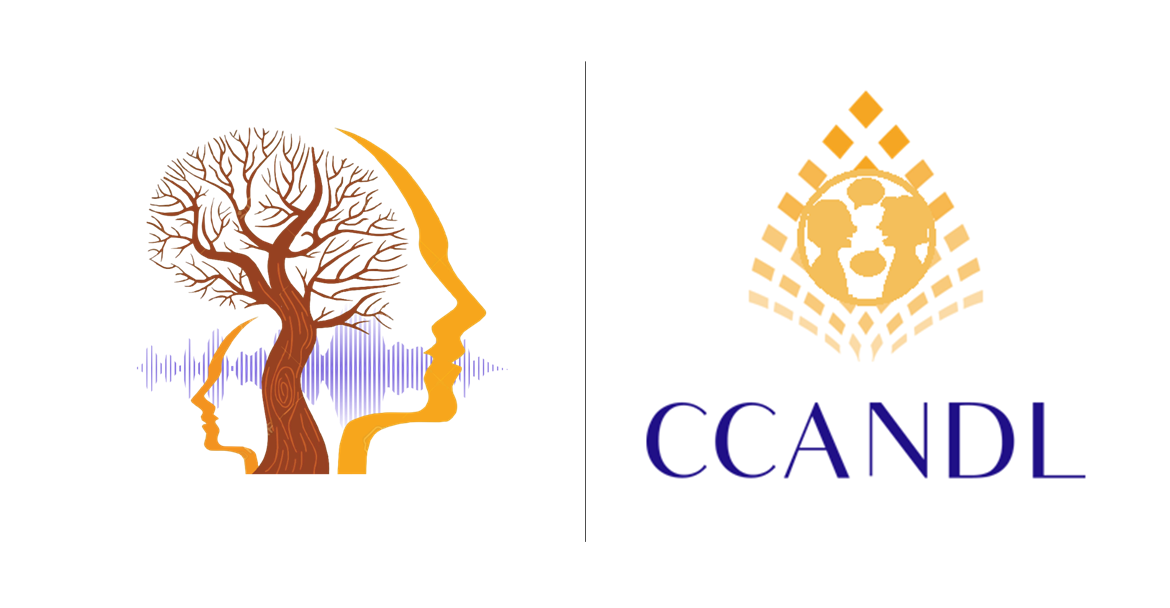
Research Partners and Collaborators
Cognitive-Communication in Aging and Neurogenic Disorders Lab (CCANDL)

The CCANDL team seeks to understand preclinical signs of dementia, shed light on possible methods of early identification, and explore innovative intervention options. We seek interdisciplinary collaboration and community input for our projects. We look to understand neural mechanisms of speech/language in aging individuals, and individuals with preclinical Alzheimer’s disease, Alzheimer’s Disease, Mild Cognitive Impairment (MCI), and other forms of dementia.
University of Wisconsin-Madison
The studies we work with:

WRAP is the Wisconsin Registry for Alzheimer’s Prevention, one of the world’s largest and longest running studies of individuals at risk for Alzheimer’s disease.
The registry includes more than 1,700 individuals, followed over time, to learn about biological, health, and lifestyle factors that may affect the disease. Many participants have been in WRAP for many years or since its beginning in 2001. WRAP is a comprehensive data set that includes cognition, lifestyle, physical activity, biomarkers, genetics and metabolism. WRAP is a registry of volunteers available to other researchers studying Alzheimer’s disease.

The Wisconsin ADRC is focused primarily on improving early detection of Alzheimer’s disease, identifying risk and protective factors, and finding ways to delay onset and progression. According to the Alzheimer’s Association Facts and Figures 2024, Alzheimer’s disease affects more than 6.9 million Americans age 65 and older — including more than 110,000 in Wisconsin. The Wisconsin Alzheimer’s Disease Research Center (ADRC) is working to change that. Through funding from the National Institute on Aging and the National Institutes of Health, the Wisconsin ADRC supports researchers in their pursuit of answers that will lead to improved diagnosis and care for patients while, at the same time, focusing on the program’s long-term goal — finding a way to prevent and effectively treat Alzheimer’s disease.
The TalkTracker App Developers
Teaching & Research Application Development (TRAD)
Located within UW-Madison’s Division of Information Technology, the Teaching & Research Application Development (TRAD) service collaborates researchers and other members of the university community to design and implement innovative custom software solutions. TRAD specializes in building solutions for research data collection, aggregation, and sharing.
TalkTracker is an app developed by the Cognitive-Communication in Aging and Neurogenic Disorders Lab (CCANDL) and UW-Madison IT team. For more information on CCANDL, please follow this link: https://ccandl.csd.wisc.edu/
If you have any questions or concerns about the TalkTracker app or SPEAK-AD study, please email us at speakad.ccandl@wisc.edu or call us at (608)262-6904.
